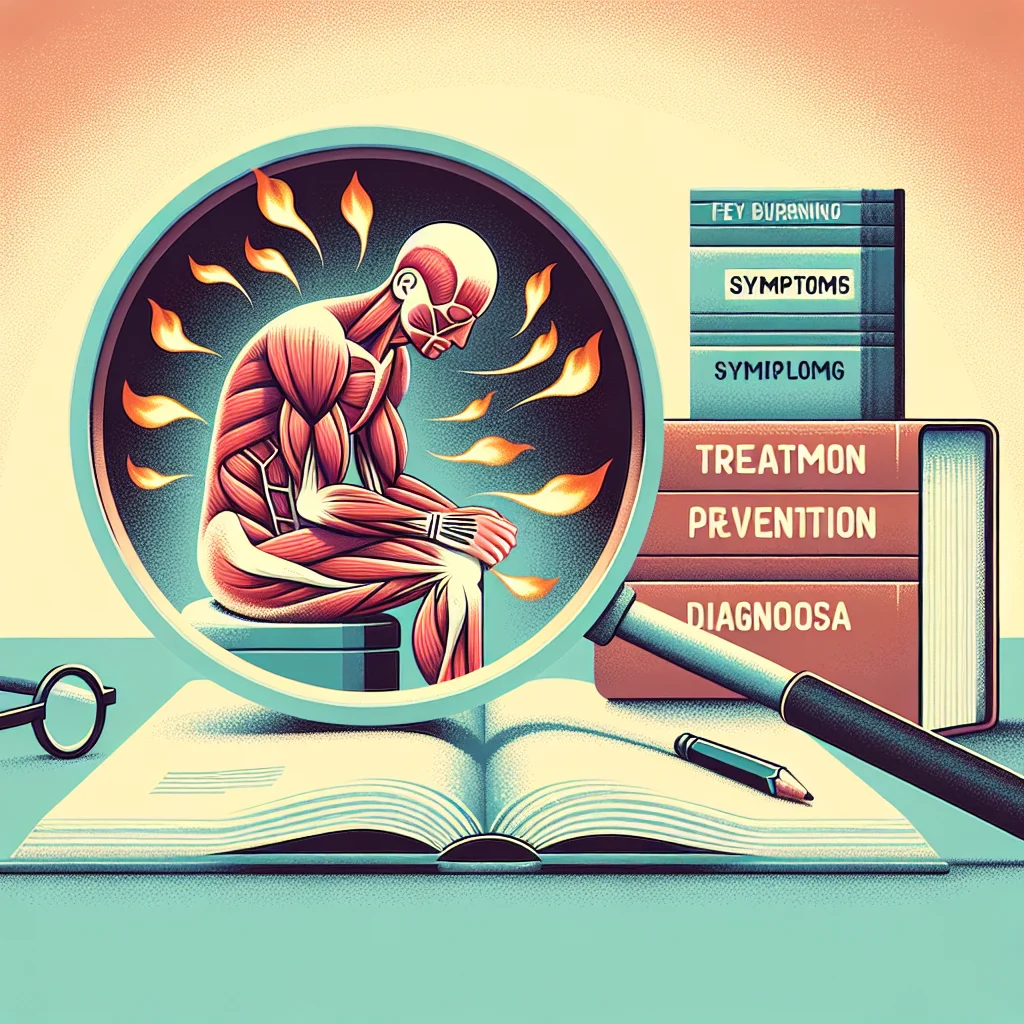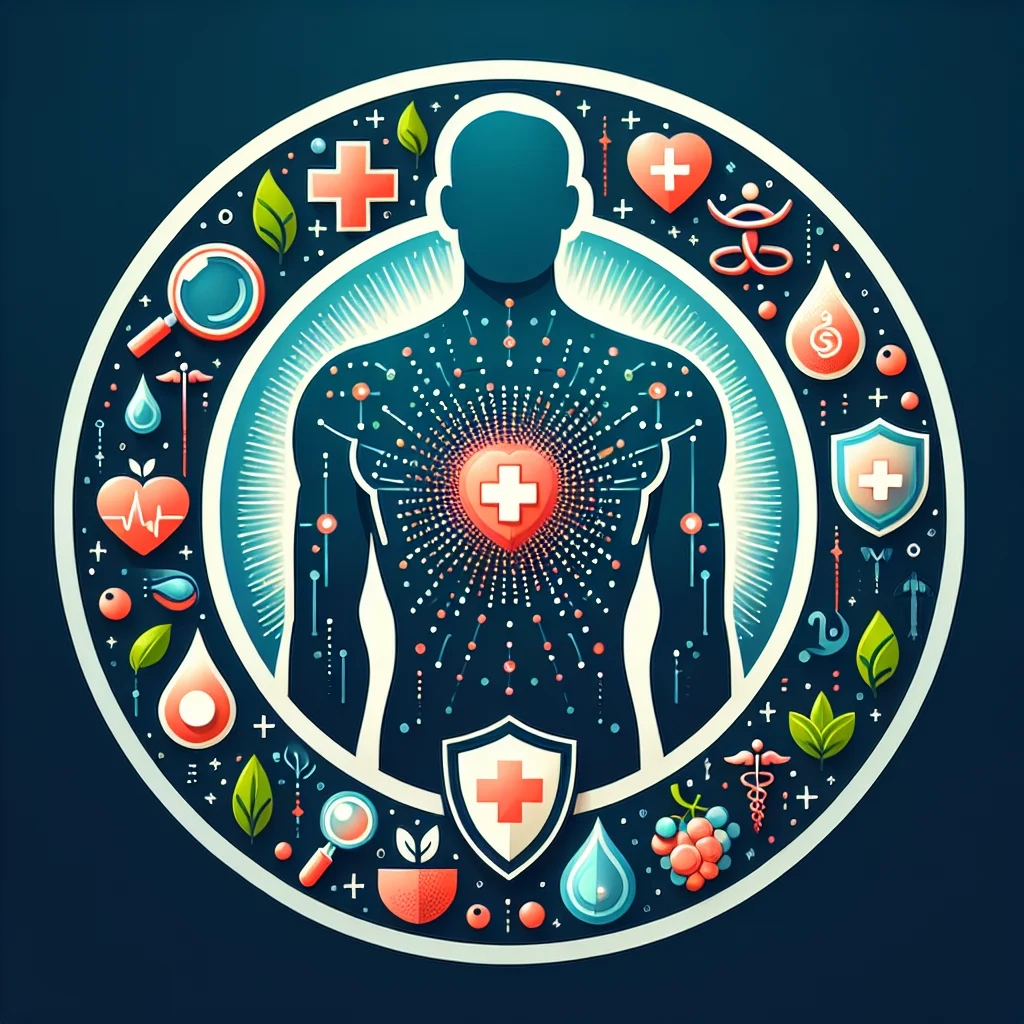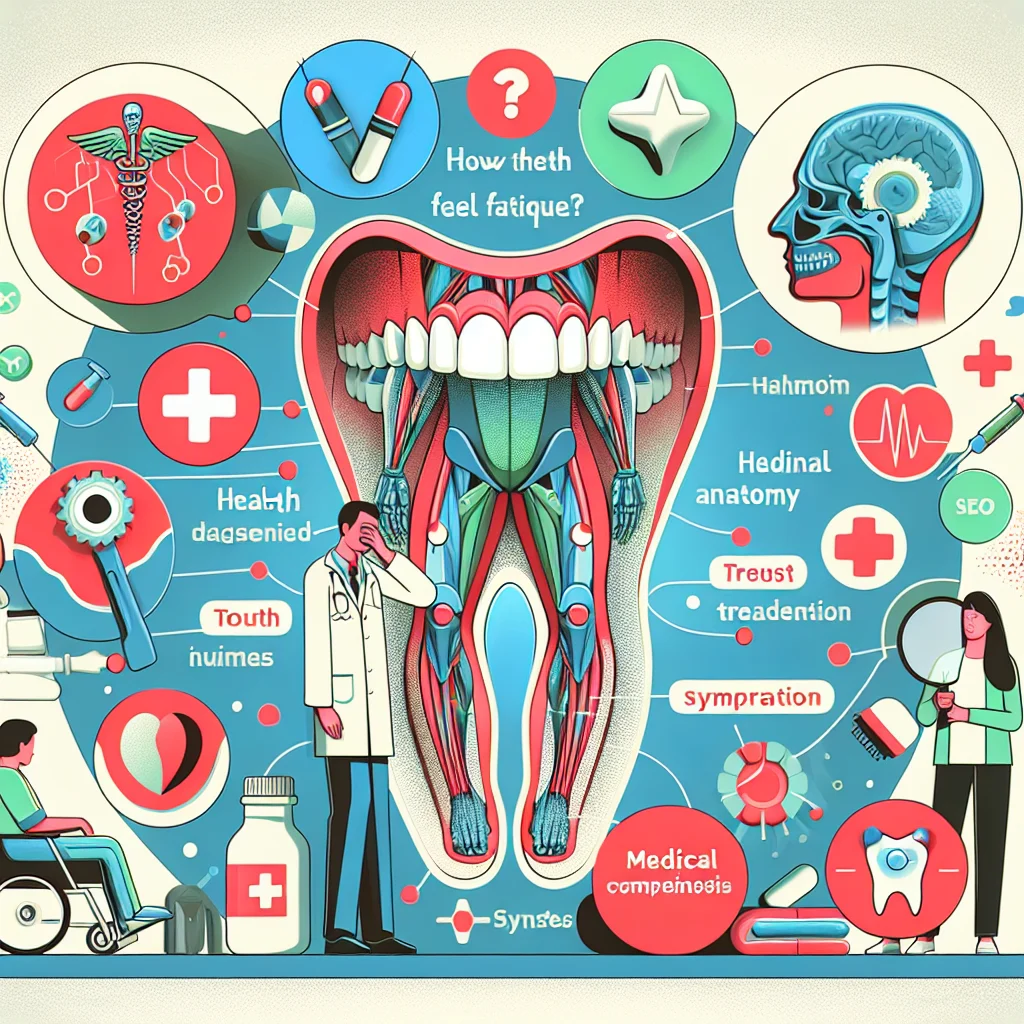
Possible Causes and Medical Insights
Feeling a burning sensation in your muscles can be concerning, but it's often linked to common physiological responses. One of the primary reasons for muscle burning is the buildup of lactic acid during intense physical activity. When your muscles work harder than usual, they require more oxygen, and if your body can’t supply enough, it turns to anaerobic metabolism, producing lactic acid as a byproduct. This buildup can cause the familiar burning feeling, signaling your body to rest and recover.
However, muscle burning isn't always caused by exercise. Medical conditions such as neuropathy, fibromyalgia, or even certain infections can lead to persistent muscle discomfort. Additionally, medications, dehydration, or electrolyte imbalances may contribute to this sensation. Understanding the underlying cause is essential for effective treatment, and recognizing when the burning is harmless versus when it signals something more serious can help guide your next steps in managing your health.
Symptoms and Risk Factors
In addition to a burning feeling, you may experience other symptoms such as muscle weakness, cramping, swelling, or unusual fatigue. These symptoms can occur together or separately, depending on the root cause of your muscle discomfort. Pay attention to the duration and intensity of the burning sensation, as well as any associated symptoms like numbness or tingling, which may indicate a nerve-related issue.
Certain factors can increase your risk of experiencing muscle burning. Engaging in strenuous exercise without proper warm-up, dehydration, poor nutrition, or underlying health conditions like diabetes can all contribute. Individuals with sedentary lifestyles or those recovering from injury may also be at greater risk. Recognizing these risk factors can empower you to take preventive steps and seek timely medical advice if necessary.
Diagnosis and When to See a Doctor
If you frequently ask, "Why does my muscles feel burning?", it's important to monitor your symptoms closely. While occasional burning after exercise is normal, persistent or severe discomfort requires medical evaluation. Doctors may perform a thorough physical examination, review your medical history, and order blood tests or imaging studies to identify potential causes such as muscle inflammation, nerve damage, or chronic medical conditions.
You should seek immediate medical attention if the muscle burning is accompanied by alarming symptoms such as sudden weakness, loss of function, severe pain, or signs of infection like fever and redness. Early diagnosis can lead to more effective treatment and prevent complications. Don't hesitate to consult a healthcare professional if you are unsure about your symptoms or if the burning sensation disrupts your daily activities.
Prevention and Home Remedies
Preventing muscle burning starts with proper preparation and self-care. Warm up before physical activity, stay hydrated, and maintain a balanced diet rich in electrolytes and essential nutrients. Gradually increase exercise intensity to give your muscles time to adapt. Stretching after workouts and allowing adequate rest can also help prevent excessive lactic acid buildup and reduce the risk of discomfort.
Home remedies can provide relief for mild muscle burning. Applying a cold compress, practicing gentle stretching, or using over-the-counter pain relievers may help soothe sore muscles. Incorporating relaxation techniques such as yoga or massage can also promote muscle recovery. If lifestyle changes and home treatments do not resolve the burning sensation, or if symptoms worsen, seek medical advice for further evaluation and support.














